How is the emerging global community to deal with alleged war crimes, within the context of contemporary international law and national political integrity? This is one of the more critical questions of the early 21st century.
War crimes are many, and varied – and comprised, by definition, of atrocity. Yet dealing with them is not the easiest challenge to national political leadership. How are we doing, this year – 2020 in the Year of Our Lord?
Australian crisis
In mid-November, Australia’s Defence Force released a summary report of the findings of a four-year investigation into alleged war crimes committed by its SAS in Afghanistan. The report uncovered evidence of the extra-judicial killing of at least 39 Afghan civilians, and the torture of two others.
Central to the alleged killings is the practice of ‘blooding’ – whereby young soldiers were encouraged to execute prisoners to get their ‘first kill’. Many prisoners were handcuffed or unarmed. In one instance, an Afghan villager, Haji Sardar, was dragged away and beaten to death, even though an SAS medic was treating him, clearly presenting no threat to the soldiers.
The report revealed that in some instances, SAS soldiers planted ‘throw-downs’ – evidence placed near the body such as a firearm or a radio receiver – to ‘conceal deliberate unlawful killings’. The report makes it clear that these were unlawful and unjustified killings and has recommended criminal investigations into the conduct of at least 19 soldiers.
Against such allegations, defendants may claim that the killings were a result of operating in the ‘fog of war’ – a term used to describe the chaos and sensory overload during a gun battle. But the report paints a picture of criminal conduct far outside the heat of battle and in direct violation of the rules of engagement as enshrined in the Geneva Conventions.
Soldiers in elite fighting units volunteer for the role, and the code of ethics is drilled into them as much as target practice. Killing unarmed civilians and placing evidence to frame the victim as a threat is not due to the ‘fog of war’. The soldiers would have known what they were doing.
Dusty Miller, the SAS medic tending to Sardar before he was dragged away, was one of the first whistleblowers. Miller’s determination to speak up in such a charged environment must be applauded. Every team member in any organization, regardless of the environment in which they operate, should be able to speak out against wrongdoing. Although it is early, it is heartening to see the ADF and the Australian government commit to a criminal investigation, compensation for the families of victims, the dismissal of at least a dozen soldiers, and the disbanding the SAS units involved.
The report coincides with the 75th anniversary of the Nuremburg trials, which heralded the beginning of legal accountability for war crimes. The Nuremburg trials were monumental, in setting international norms regarding conflict – essentially the rules which UN member states must uphold during conflict. Leaving aside, for the moment, the political-legal arguments of Australia’s significant commitment to the US-led ‘war on terror’, if the ADF is to rebuild its tarnished reputation, it must revitalize a deeper respect for the laws of war.
New Zealand self-admonition
In fact, Afghanistan, along with Iraq in particular, is proving to be a moment of truth for Western states. Following allegations in the 2017 book Hit and Run: the New Zealand SAS in Afghanistan and the meaning of honour, there was widespread concern that the NZ-SAS, attacking a village in pursuit of Taliban fighters in 2010, had killed and injured civilians. In 2018 the NZ Govt. established a formal inquiry into the allegations.
The official description of the ‘Inquiry into Operation Burnham’ was more nuanced than the Australian report:
The Inquiry has sought to establish the facts in connection with the allegations, examine the treatment by NZDF of reports of civilian casualties following the operation, and assess the conduct of NZDF forces. In common with all inquiries established under the Inquiries Act 2013, this Inquiry has no power to determine the civil, criminal, or disciplinary liability of any person, or award reparations. However it may, if justified, make findings of fault and recommend further steps be taken to determine liability.
The ensuing Burnham Report (July 2020) concluded that, because of a ‘disappointing lack of commitment and rigour on the part of senior NZDF personnel’, cabinet ministers had not been able to exercise the democratic control of the military. The report found that the SAS soldiers were not directly responsible for any wrongful civilian deaths, and that they acted professionally during the raid.
It was ‘likely’, however, that a female child had been killed during the operation. The report considered that the way a prisoner had been treated and handled showed that New Zealand’s detention policy had been inappropriate and not reflective of NZ values. One captured insurgent had been handed over to Afghan authorities based on the knowledge that he was likely to be tortured.[i] And the then Defence Minister had ‘forgotten’ a crucial briefing from a senior defence official and had consequently misled Parliament and the public.
To be clear, the allegations advanced against the NZ-SAS and NZDF are not at the same level as its Australian counterpart, but the Report’s findings and recommendations are still sobering. The Prime Minister has stated that:
“I think the recommendations that have been made here will only strengthen some of the practices and some of the lines of communication between Government and the Defence Force and give that extra confidence. That is something that we are taking very seriously and that we think will add that extra layer of confidence both for the Government and for New Zealanders.”[ii]
New Zealand, in fact, is awash in self-admonitory reviews and enquiries, none of which appears to conclude that legal liability is at stake for those potentially responsible. Consider the inquiry in to the Christchurch mosque attacks.
The Royal Commission of Inquiry into the Terrorist Attack on the Christchurch Mosques has just released its report (Dec 2020). Its conclusions will, to put it subtly, require considerable nuanced reflection. It essentially says that, in the circumstances prevailing in 2019 in the country, nothing occurred in terms of the terrorist’s behaviour that should have alerted the NZ security intelligence authorities to an impending attack, viz: “Given the operational security that the individual maintained, the legislative authorising environment in which the counter-terrorism effort operates and the limited capability and capacity of the counter-terrorism agencies, there was no plausible way he could have been detected except by chance.”
This, notwithstanding that the terrorist had purchased firearms and joined a shooting club upon arriving in New Zealand, reported to a doctor for excessive steroid and testosterone use, reported to medical emergency for accidentally shooting himself in the eye and leg, posted extreme right-wing views on social media, and had a checked travel history including North Korea, and the sites of medieval battles between Crusaders and Muslims. None of the relevant authorities related to this behaviour judged it fit to report his action to the police.
The conclusion appears to be that no official individual or agency was at fault, yet ‘the system’ let the country down. The Report contains 44 recommendations, all of which the government has given an ‘in-principle’ commitment. The PM, the Director of the SIS, and the Police Commissioner have apologised for a lax firearms licensing regime, and for a slanted approach to terrorist risks in New Zealand by the official agencies.
British and American sidesteps
Sadly, respect for the laws of war is in decline globally. None of the soldiers involved in the torture and murders of detainees at the US military-run prison of Abu Ghraib received serious punishment. Last month, the US placed sanctions on members of the International Criminal Court (ICC), who are investigating possible war crimes committed by US special forces in Afghanistan. The Afghan Independent Human Rights Commission has called for other countries to commit similar inquiries into the conduct of their troops, notably the allegations of unlawful killings by British special forces.
While the criminal proceedings will ultimately focus on the alleged crimes, they are a symptom of a much broader issue. Since the terrorist attacks of 9/11, the political rhetoric, media coverage, civil discourse, and the entertainment industry has dehumanized the very people who struggle under the oppressive cloud of terrorism.
The 2011 operation into the killing of Osama bin Laden by the US Navy SEALs was the subject of the multimillion-dollar blockbuster, Zero Dark Thirty. Yet, it left out of the script the litany of horrific crimes committed by the SEALs, such as the scalping of prisoners using hatchets, the mutilation of bodies, and the wanton killing of innocent civilians, including children. The soldiers were engaged in a ‘blood sport’, dehumanizing the person on the other end of the gun barrel, and unleashing a reign of terror for the very people they were meant to protect and liberate.
The civilian plight of modern global conflict
Criminal activity by Western states plus the atrocities committed by international terrorists are symptomatic of a modern global malaise. We are becoming desensitized to violence. There have been more than 100,000 civilian deaths in Afghanistan in the last decade. To put that into perspective, it is the equivalent death toll of the Christchurch terror attacks occurring every single day for more than five years.
Leaving investigative action for alleged crimes by a nation-state to the nation-state unavoidably raises suspicions of subjectivity, no matter how rigorous a system may be in times of normalcy. That is the rationale for the ICC as a ‘court of second instance’. It is a deep irony that many countries refuse to refer matters to the ICC or actively oppose it. The Court is presently struggling, but its rationale is timeless.
The dehumanizing of the victims of war needs to stop at the societal and political level, so it does not reach the battlefield. This will require a new kind of leadership among all member states of the United Nations, without exception.
[i] https://www.theguardian.com/world/2020/jul/31/new-zealand-military-misled-ministers-about-civilians-deaths-in-afghanistan-raid-report-finds
[ii] https://www.newshub.co.nz/home/politics/2020/07/jacinda-ardern-recognises-major-failings-in-defence-force-over-operation-burnham-findings.html

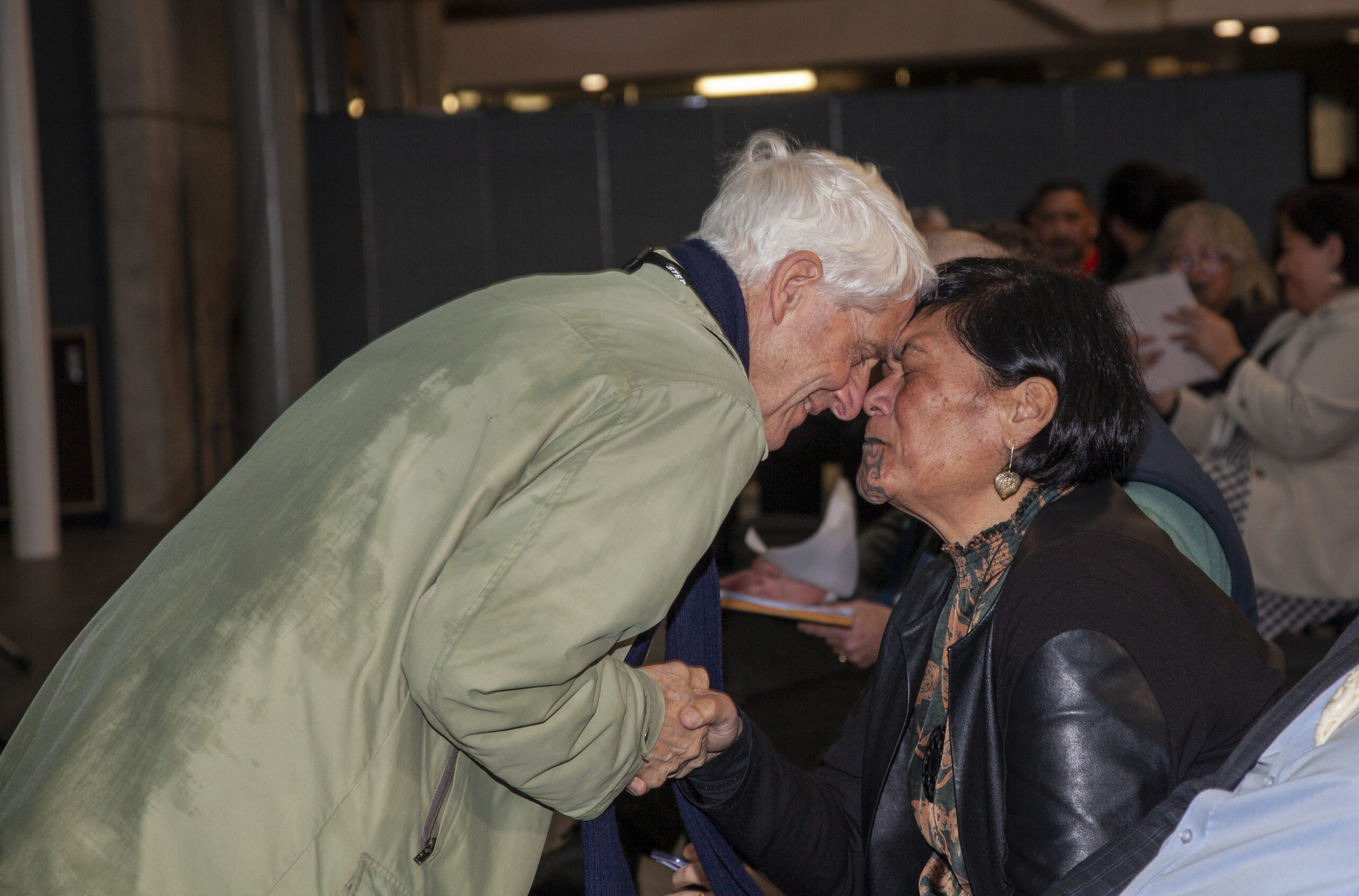
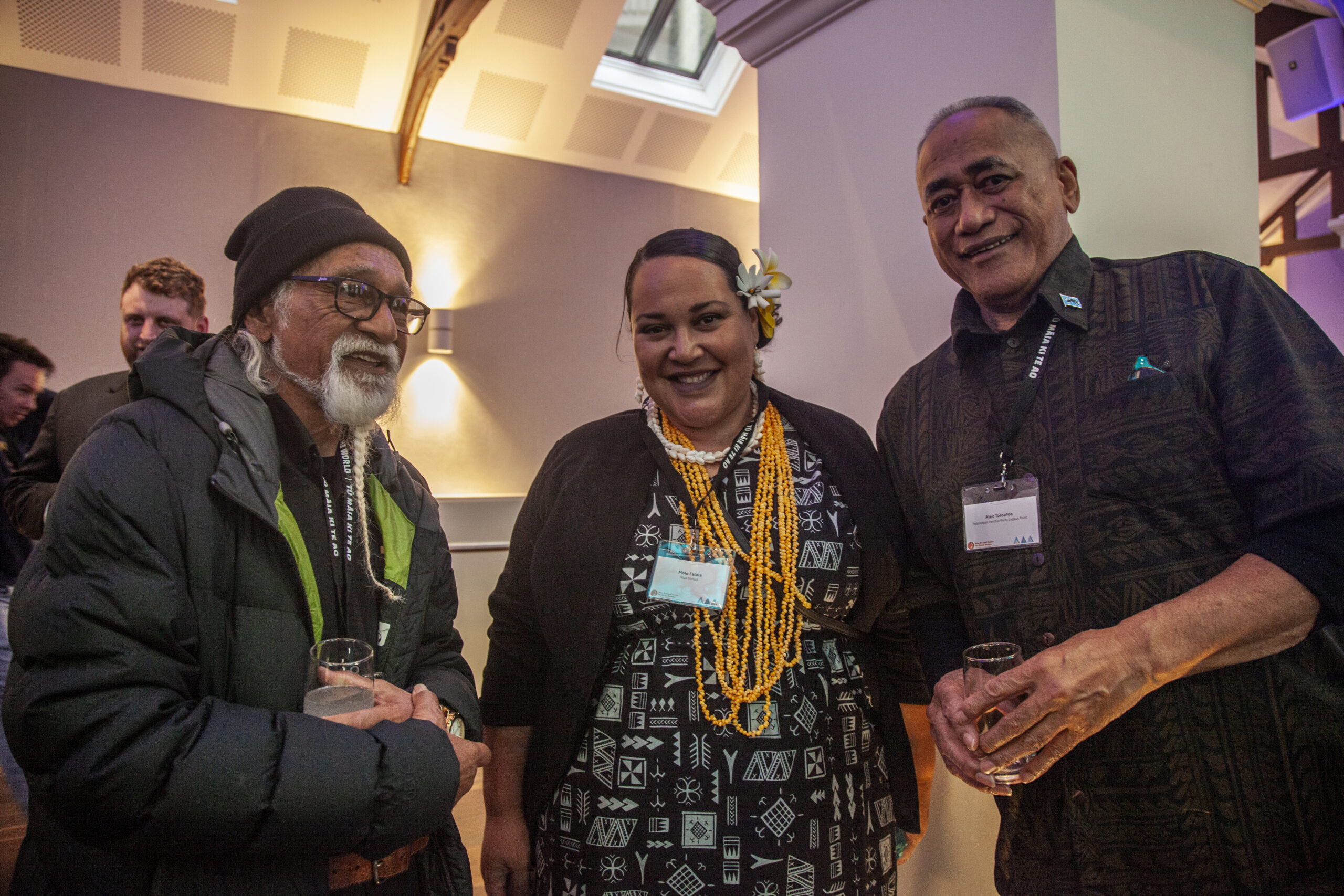

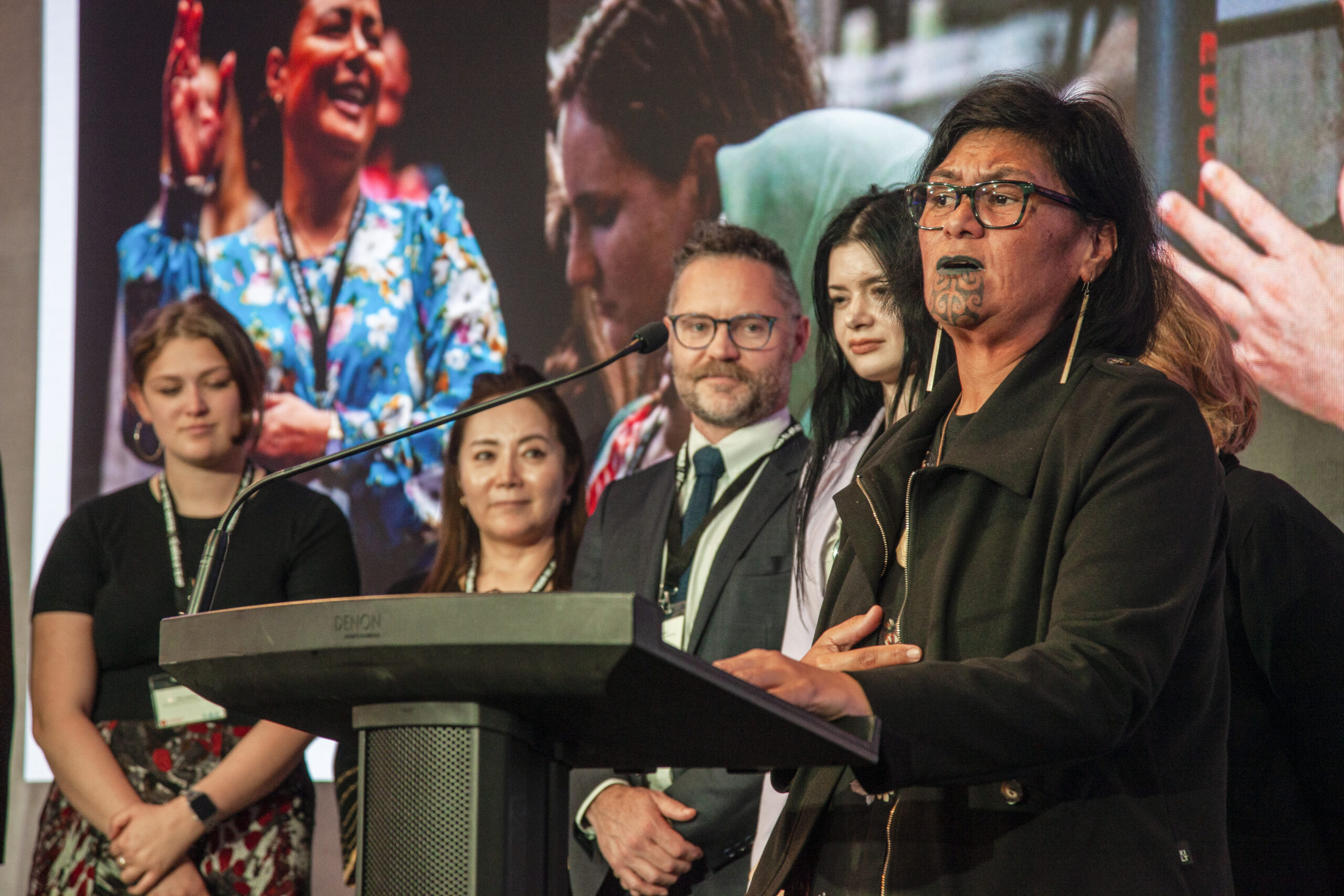
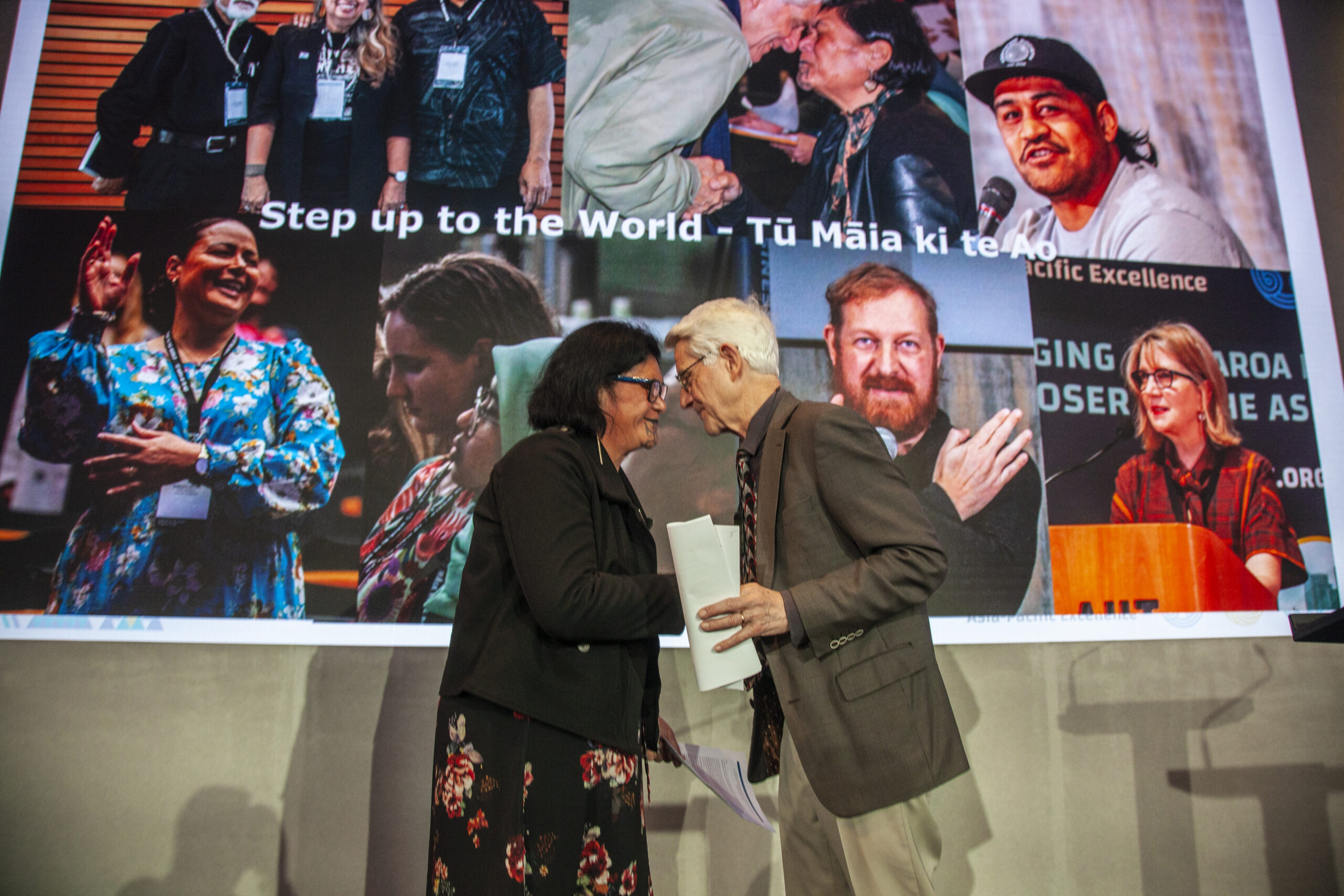
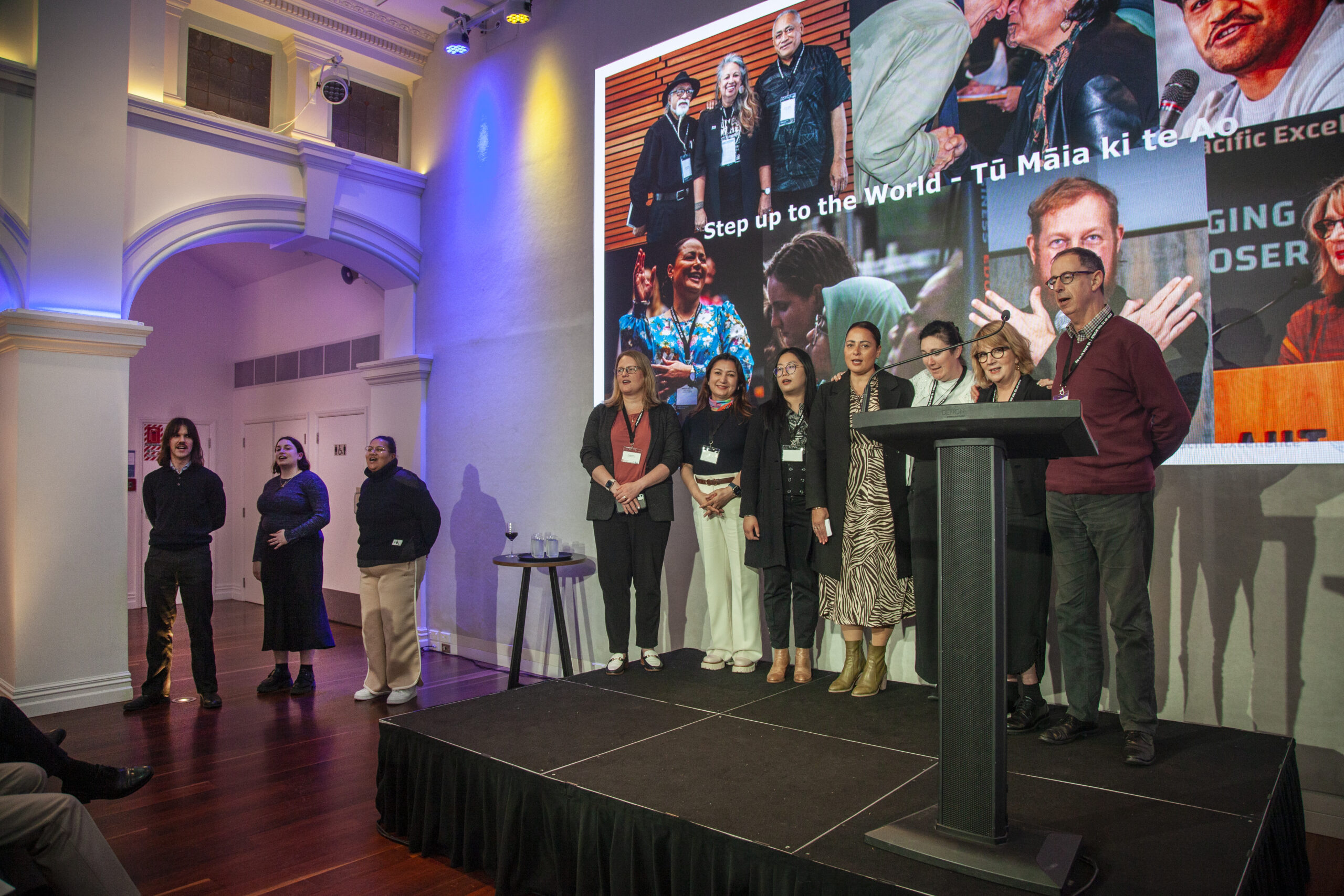
0 Comments